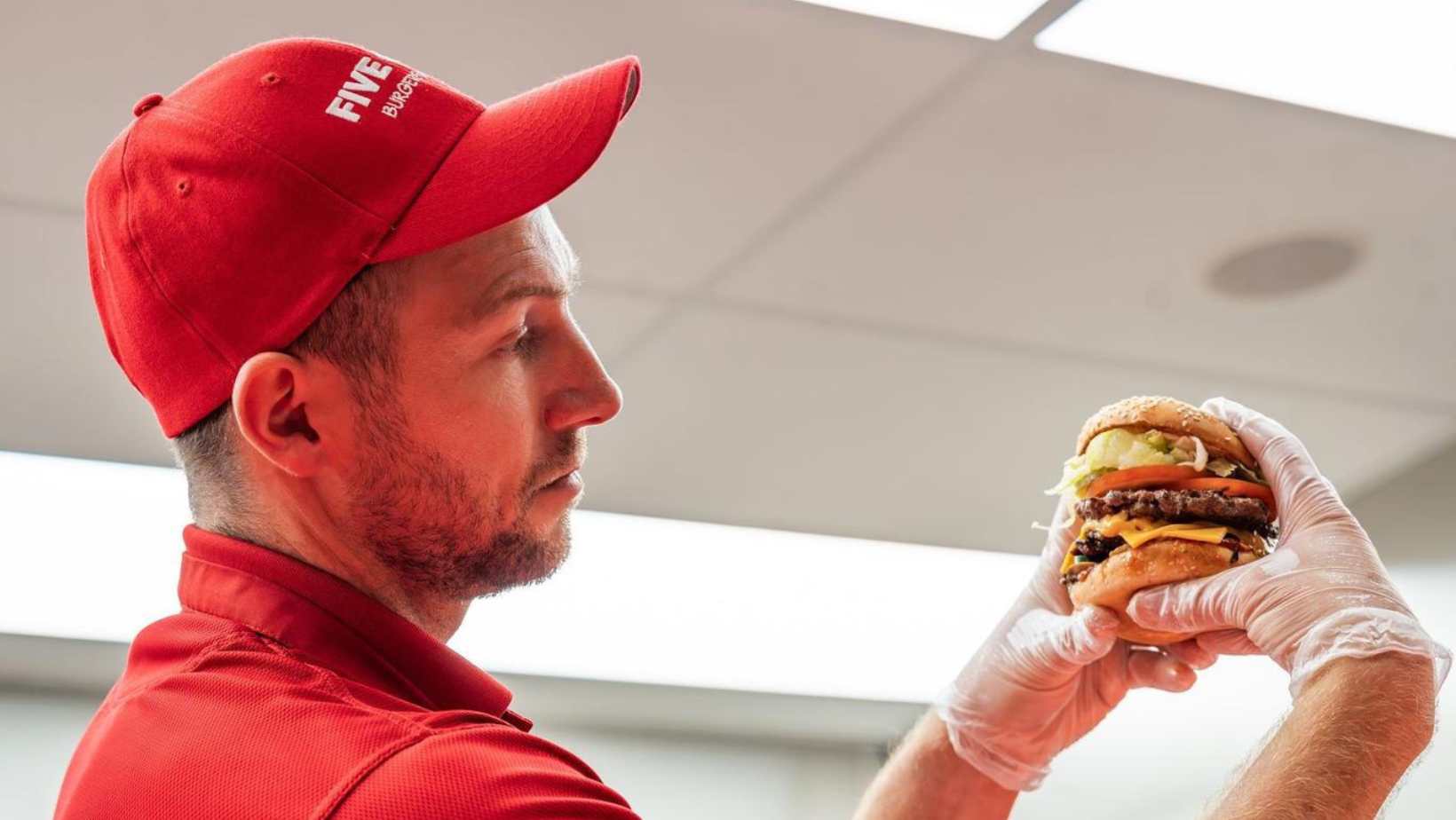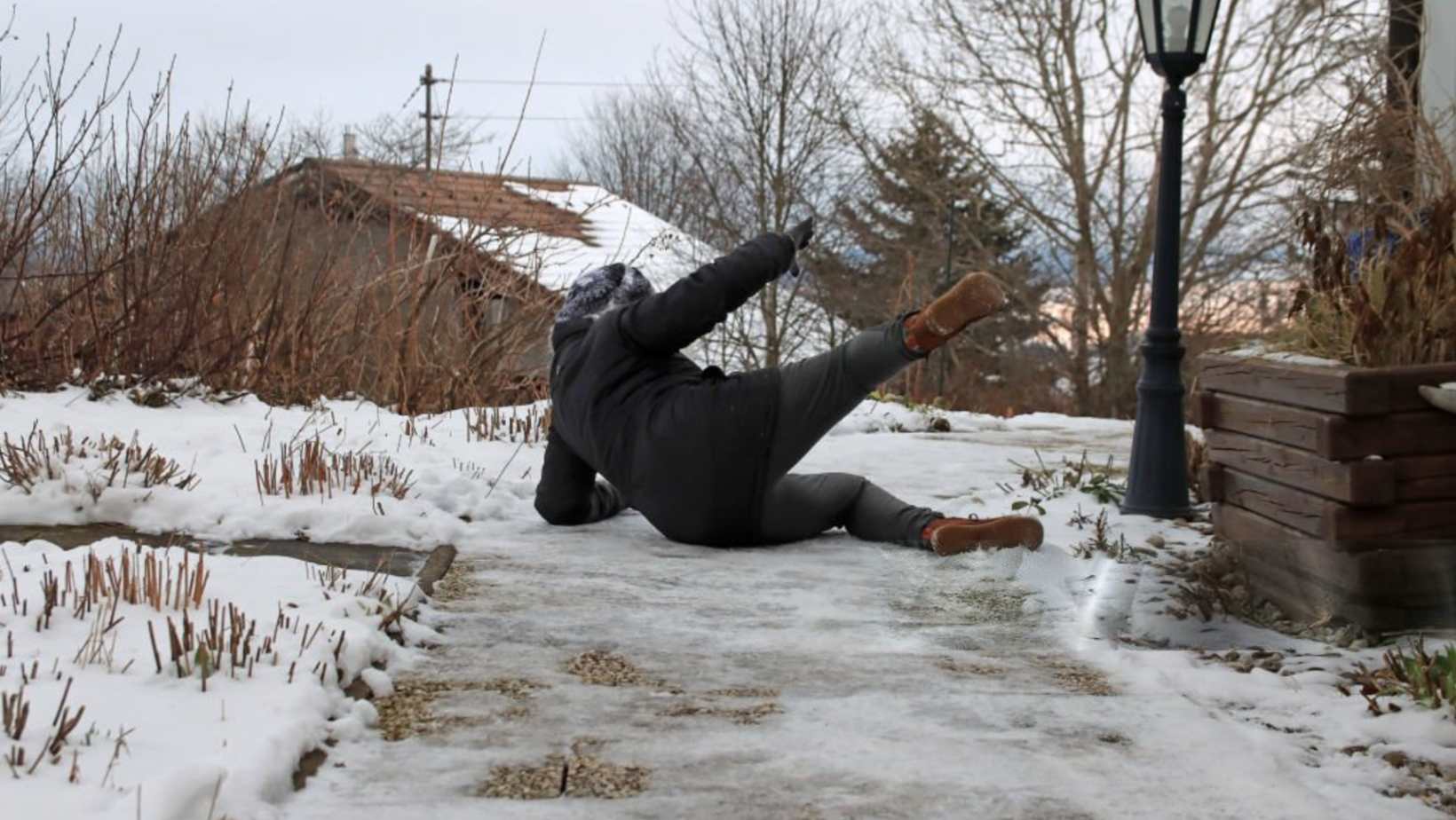November 21, 2021, is the 49th annual World Hello Day. Anyone can participate in World Hello Day simply by greeting ten people.
This demonstrates the importance of personal communication for preserving peace. World Hello Day was begun in response to the conflict between Egypt and Israel in the Fall of 1973. Since then, World Hello Day has been observed by people in 180 countries.
Czechs have many different ways of greeting each other. While this might confuse foreigners still struggling with the excruciating difficulties of the language, we’ve noticed that Czechs themselves were not necessarily aware of the story behind their salutation phrases.
“Ahoj” is the most common expression to say “hi” or “hello” to friends and relatives. As many Czech greetings, you can also use it to say goodbye.
While most scholars consider that “ahoy!” or “hoy!” were first used by Scottish or English sailors to draw attention to something and greet other ships, interpretations differ. Some linguists and historians also claim it was used, on land, to drive cattle.
Less widely-used than the first Czech greetings, “nazdar” is yet another way to say “hi”. Literally meaning “to the success”, the idiom dates back to the mid-19th century. At the height of the “Czech national awakening”, a group of patriots launched a nationwide program to collect money to fund the construction of the first Czech-language theatre in Prague – to counter the influence of German.
A catchy slogan was found: “Na zdar Národního Divadla!” which means something like “To the success of the National Theatre”.
Within a short time Na zdar had been shortened to Nazdar – and became a common greeting.
Although the theatre itself burned down a few weeks after its opening, another “crowd-funding” operation was launched and, in 1883, the National Theatre rose from its ashes.
-
NEWSLETTER
Subscribe for our daily news












